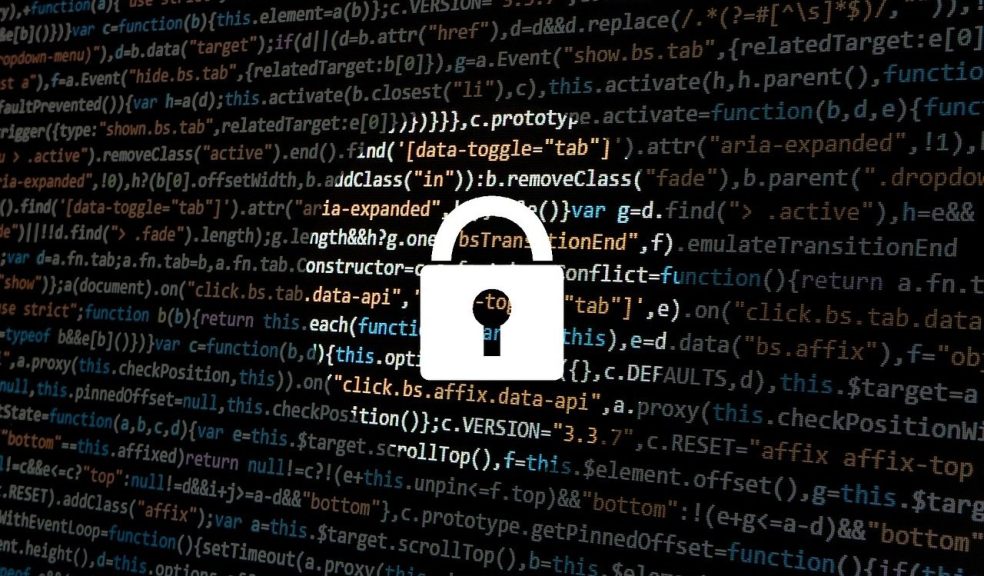
What is Obfuscation?
Obfuscation is one that has gained prominence in the present world especially with the presence of digital technology. But, to the point: what, in fact, Obfuscation is and why will it be relevant? In the field of technology and cyber security, using terms of code or systems intentionally difficult to interpret or decode is known as the usage. For anyone involved in software development or computer security or even using the Internet daily, obfuscation is something one needs to be aware of. Now that we live in an omnipresent networked society, there are five fundamental reasons to know what obfuscation is, how it is being used, and what its implications are.
1. Protection Against Reverse Engineering
The procedure of rendering a system or product so that an understanding can be gained of the ways in which it was created especially in order to clone or to modify it is called reverse engineering. To the software developers and businesses who would wish to protect their intellectual property this is usually a major area of concern. Finally, obfuscation is significant in software development and cybersecurity especially in the development of software in that it is an effective weapon against people who seek to engage in reverse engineering.
It becomes quite challenging for someone to understand the original structure and functionality of code when it is obfuscated. This is accomplished using a variety of strategies, including introducing dummy code, rearranging the program flow, and renaming variables and functions to meaningless strings. The end product is a disorganized mess that performs exactly like the original code but is very difficult for people to read and comprehend. This improves a company's ability to defend its trade secrets and proprietary algorithms against rivals attempting to steal or imitate its ideas.
Furthermore, even for experienced hackers or analysts, obfuscation can cause a considerable slowdown in the reverse engineering process. Reverse engineering becomes so time-consuming and irritating that many would-be attackers give up or move on to easier targets, even if it may not make it entirely impossible.
2. Enhanced Security for Sensitive Information
In this context, there is an increasing importance of safeguarding certain information, given the fact that today the issue of information leakage and data breach has become more and more prevalent. This is why there is a need to obfuscate information since it complicates the manner in which unauthorized third parties are able to understand and gain access to the data in question. This is especially important for organizations that deal with financial information, business secrets or personal information that may be leaked.
By hiding the format and contents of databases or files holding private data, obfuscation can improve security. For example, many systems utilize hashing algorithms, a type of obfuscation, to store password data instead of plaintext passwords. If for some reason a hacker manages to crack into the database, all they will see are lines of characters instead of decent passable passwords.
3. Compliance with Legal and Regulatory Requirements
Although the option to legally and regulatorily protect data and its privacy is advised, in many organizations, it is obligatory. Hence, obfuscation techniques ensure that compliance with these requirements is achieved and are valuable in helping enterprises protect the sensitive data while keeping it as usable to organizations for the needed processes. Therefore, there is no alternative to understanding obfuscation for everyone interested in data management, legal requirements and risk analysis.
Obfuscation is used in compliance frequently by anonymizing the data.Organizations can use anonymized data for analysis or study while maintaining individual privacy by employing obfuscation techniques, such as substituting random IDs for names. This enables businesses to profit from their data assets while abiding by stringent privacy regulations.
Additionally, obfuscation can assist firms in putting into practice the data reduction concept, which is a crucial component of many privacy legislation. Businesses can make sure that workers or outside contractors only have access to the information they need to do their tasks by hiding specific sections of data records.
4. Preserving Competitive Advantage
It is important to retain competition in today’s fast moving corporate world to succeed. Obfuscation helps the companies protect the trade secrets from the competitors or other companies and can help to protect the unique technology and Unique Selling Propositions (USPs). It is always more challenging for other competitors to understand or replicate the inventions for additional gains and keeping one’s position in the market, enterprises ought to make it hard.Intellectual property protection is one of the main ways that obfuscation maintains competitive advantage.
Obfuscation can also be used to safeguard confidential company data that gives an advantage over competitors. Customer lists, price plans, and market research data are a few examples of this. Businesses can lessen the chance that this important information will end up in the wrong hands by obscuring it, maybe by encrypting some files or using code names in papers.
5. Safeguarding Personal Privacy in the Digital Age
Lovers of technology have extended the uptake of various gadgets into their homes and thus, people from all over the world are slowly developing a concern for their privacy. As much as privacy is threatened due to the increasing rate of data surveillance, obfuscation offers useful tools and techniques that may be applied to enhance privacy. These techniques should be known by anybody who wants their information private and who would like to control their online persona.
Obfuscation contributes to privacy protection by making it more difficult for data collectors to create accurate profiles. To hide their actual online activity, some privacy-conscious people, for example, use browser addons that produce random site searches or clicks. Likewise, adopting multiple online personas or switching email addresses might make it more challenging for businesses to monitor an individual's activity on many platforms.
Additionally, specific sensitive information might be protected by using obfuscation. To avoid identity theft or stalking, people may choose to conceal information about their whereabouts or personal lives when posting on social media.
Conclusion:
Using obfuscation is possible for many logical reasons which include the following: maintaining a competitive advantage and enhancing security, safeguarding ideas and individual identity among others. Code obfuscation is one of the practical examples of obfuscation where some or all of the software code is made very hard to understand for a human being but is left fully functional. It will be useful for both aspiring individuals and companies, in future endeavoring to ascertain and decode obfuscation strategies such as, code obfuscation as we come across the challenging age of posing with sophistication.

















